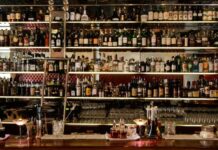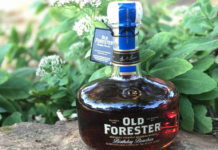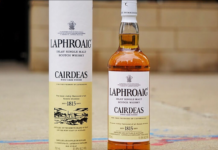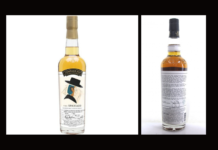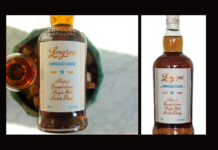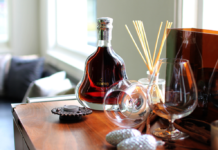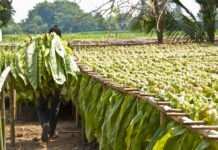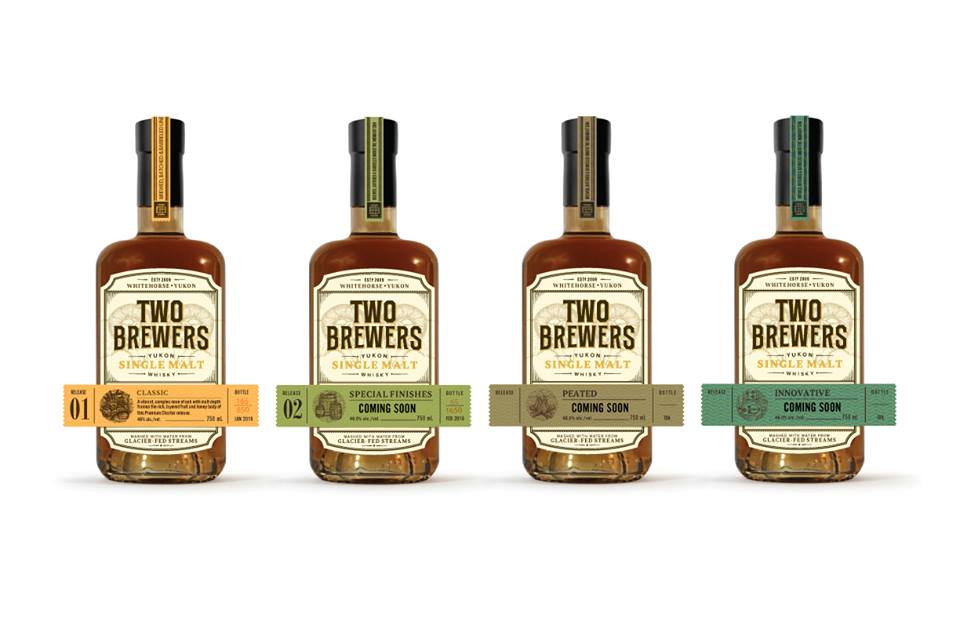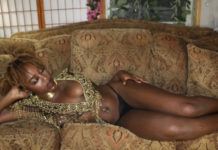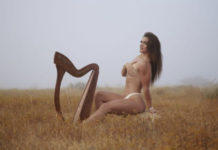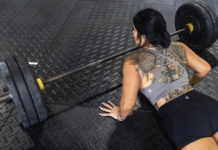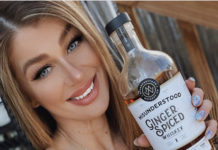Take two lads in the Yukon, stick them on a canoe trip, and lo and behold, in 1997 a brewery was born. Now, making beer is a joyous thing, but in 2009 these two blokes decided to buy a still, apply their brewing knowhow and make whisky. Whisky made in small releases, with a variety of malted roasted grains, using different fermentation techniques and a mix of barrels. The goal is that no two releases are the same, so that as each expression emerges, it is layered and complex and probably never to be repeated.
Almost two decades since that canoe trip, Yukon Brewing and its sister company Yukon Spirits, continue to service the north with quality beer/spirits while keeping jobs and money in the territory. Actively involved in the local community, Yukon Brewing supports countless Yukon events and causes each year.
Bob and Alan continue as owners and chief operators, growing the company outside the Yukon. The brewery’s nine packaged beers are available across Western Canada with some even finding their way as far east as Quebec, Japan, and at the Hannover Zoo in Germany. Tastethedram spoke to one of the owners Bob Baxter of the Two Brewers Distillery.
Bob, tell us what were you two up to before getting into the spirits world.
BB: We started brewing in 1997, so made beer for several years before getting into spirits. Going further back, Alan is a Chemical Engineer and I am a Mechanical Engineer, and we were both active in the consulting world.
Wow Bob, that is a field that I have a lot of knowledge about. Please tell me how the distillery came about?
BB: It was not long after we started brewing beer that Alan started to mention distilling. I think it was the Chemical Engineer coming to the fore. His point of view – we are honing our skills at creating alcohol through fermentation, what else can we do along those lines? I was a bit more hesitant, but as the brewing business crossed over into profitability, distilling captured my imagination as well. In 2007 we started doing the research and planning, and in 2009 bought the still.
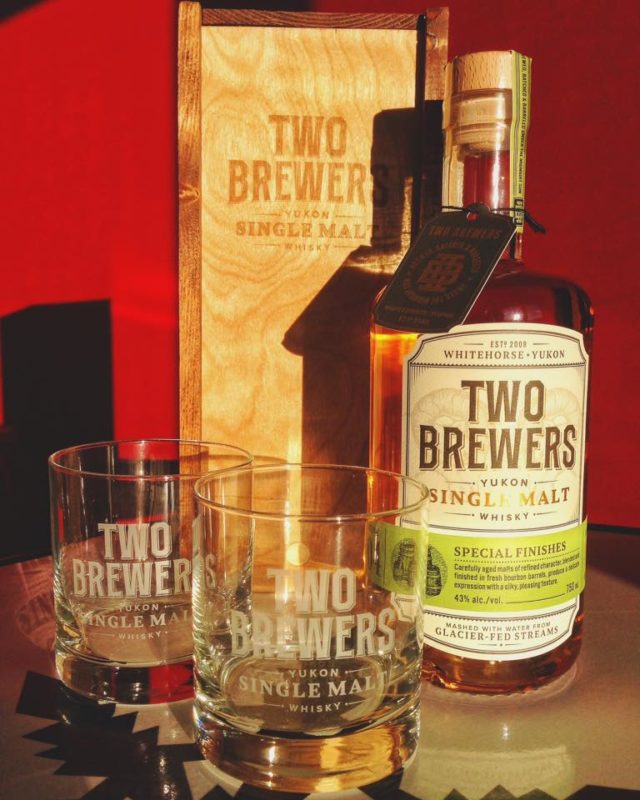 What have been the main challenges involved in setting up a new distillery?
What have been the main challenges involved in setting up a new distillery?
BB: There were some legislative challenges here in the Yukon right off the bat – that mainly being distilleries were not included in the Liquor Act. So, we approached the government with the issue, figuring that this would be a long row to hoe…but they made the Act change within a couple of months, at their first opportunity. Since we started to produce, the major challenges relate to marketing…the spirits business is dominated by large players and big budgets, so when you are neither, getting noticed is an issue.
Your favorite thing about going into the distillery each day?
BB: Creativity is probably the watchword around our distillery. We have a locally available product line we call Concepts, which is a constantly rotating set of spirits released in small quantities of numbered bottles. We have made liqueurs from locally grown Haskap and Saskatoon berries, both clear and wood-aged versions of beer schnapps, gin from locally picked botanicals – the flexibility makes for a great working environment.
Why did you start production? Did you see a gap in the market or was it to fulfill some passion?
BB: It was definitely not a gap in the market. If we want to get depressed, we just look at the number of products that are already out there, the high taxes, and the resulting paltry margins that the big guys live with. For us, it is all about the liquid.
What whiskey expressions do you currently produce, and how are they all different?
BB: Early on we decided that we did not produce enough to have a long term, reliable, consistent flavour and appearance without the use of flavouring and colouring. So, we decided to try to make that an asset instead of a liability.
We created four categories of single malt whisky (Classic, Special Finishes, Peated, and Innovative) and each release is placed in one of those categories.
In 2016 we did 4 releases (a Classic, then a Special Finishes, then a Peated, then another Special Finishes) and this year we started with an Innovative. All are quite different – for example, the first Special Finishes was finished in PX sherry barrels, the second in virgin American oak.
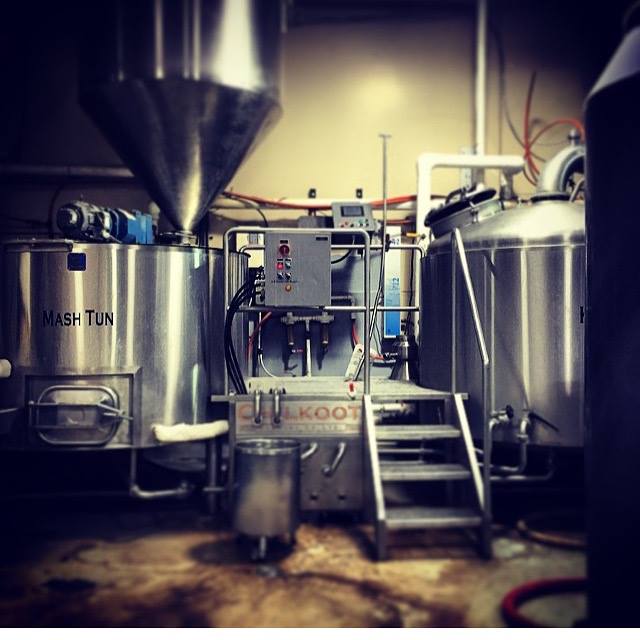 Where or who do you feel is the driving, innovative force behind our craft distilling industry right now?
Where or who do you feel is the driving, innovative force behind our craft distilling industry right now?
BB: I have to believe that the driving force behind the craft distilling industry is Google. The ability to figure out which products have integrity and are genuinely made by truly innovative and independent producers – versus giant companies that put ‘small batch’ or ‘artisan’ on the label, has changed everything.
What three words do you want people to associate with your whiskey?
BB: Complex, layered, three-dimensional (sorry if that counts as four words).
Does the weather or the geographic location influence your whiskey maturation?
BB: I believe that our maturation is hugely affected by humidity. Of course, in the Yukon it gets cold in the winter, but the barrels are indoors and really don’t see it. But, cold means very little humidity, so the barrels are often exposed to very low relative humidity levels. However, they are located within the brewery, which gets quite humid when we are brewing and/or bottle washing. So, the barrels are exposed to very different humidity levels over the course of a week, and I believe that has a marked effect.
What are the most important factors affecting whisky distillation? How do you ensure that these are carefully balanced to produce a consistently high quality product?
BB: We make our washes very much like we were making beer, except without hops. So, we are using brewers’ grains (roasted malts, honey malts, chocolate malts…you name it) in an effort to have different character at the fermentation stage. We use a variety of ex-bourbon barrels, as well as virgin oak and some ex-sherry barrels (and others in the future, such as rum, no doubt).
Our thought is that the pile of barrels are like unlabelled spices in a cupboard – all the ingredients you need to make a great soup if you use a bit of this and a bit of that, all we need to do is taste and evaluate what will mix well with what to make that layered result we are thinking.
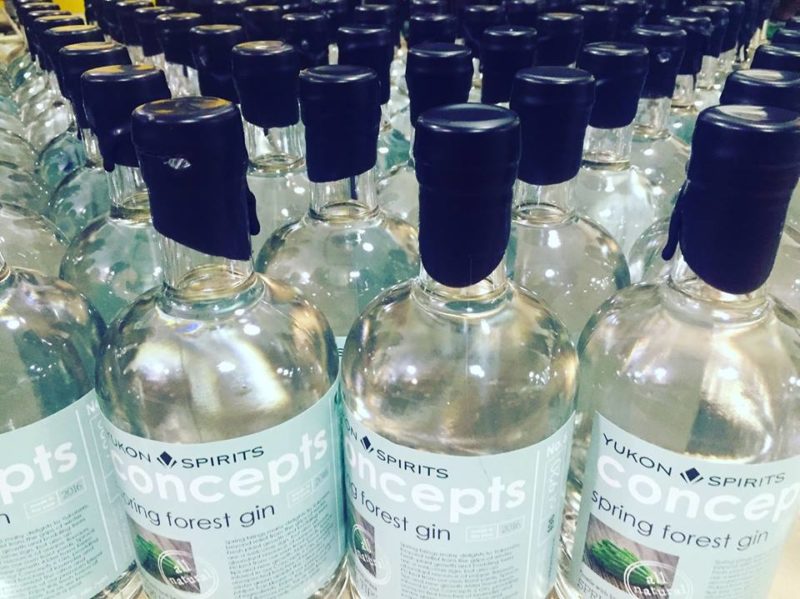 What are your hopes for the distillery 5 years from now? What do you want to be known for?
What are your hopes for the distillery 5 years from now? What do you want to be known for?
BB: We are making the equivalent of about 12,000 to 14,000 bottles per year of new make (depending on the angels share and eventual abv) so we will never be known for volume. The only way for us to increase the volume is to change the way we make it (we make whisky using our brewing equipment, so make washes when the schedule allows). Even if we changed that tomorrow, it would be a few years before that volume showed up at the other end. We are content at that spot, provided it is well received by anyone who trys it.
Do you have any role models in this industry?
BB: Not specifically, because we don’t really know anyone else. We did figure, though, that if genuine, small producers in Scotland can make it work, then so can we.
Can you tell us a bit about the distillery, stills, warehousing, casks, etc.
BB: Our still is a Christian Carl, which will hold about 450 litres if filled with the door closed. We also modified our brew kettle to act as our stripping still. This was done in collaboration with Christian Carl – we cut the stack condenser off of the kettle and welded on flanges so that we can reinstall it when needed. Then, we designed a copper still head stuffed with copper wool, which can be bolted on to that same flange, and connected it to a condenser.
So, the brew kettle strips 2500 litres at a time into low wines, which are then fed later into the still. We strip a batch of 10,000 litres of wash in about 36 hours, rather than having to make 25 runs through the still. We warehouse the barrels in the back of brewery, to get that varying humidity levels, as noted before. Our casks are mainly ex-bourbon from a variety of sources, virgin oak from Independent Stave, and a few ex-sherry casks from Europe.
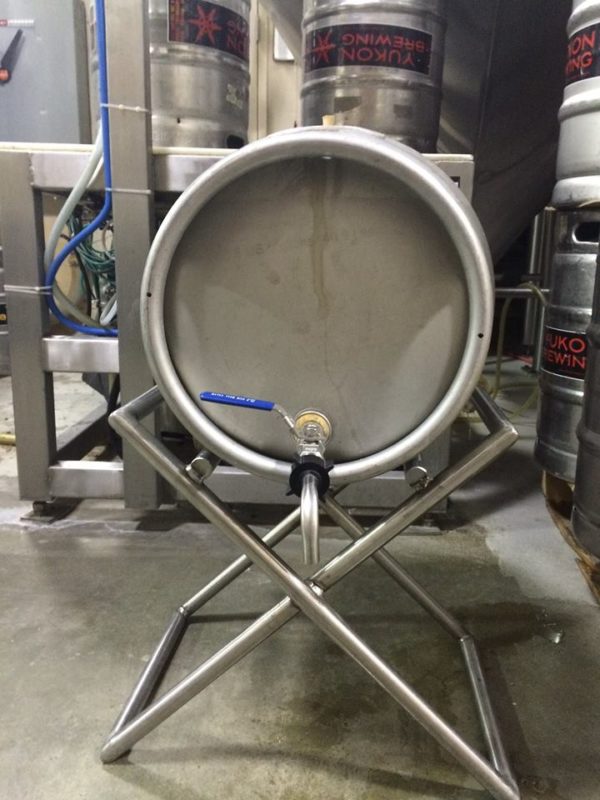 Anything else you’d like to share with Tastethedram readers?
Anything else you’d like to share with Tastethedram readers?
BB: We are so grateful for you to take the time to find us engage with us. We are a small producer in a far-away corner of the world, and love it when people stumble upon us.

